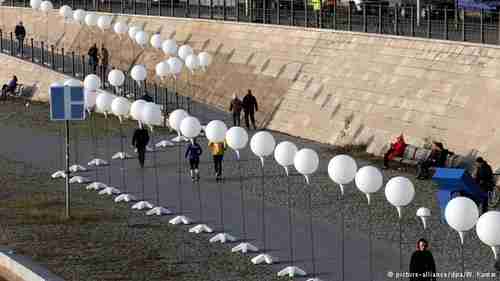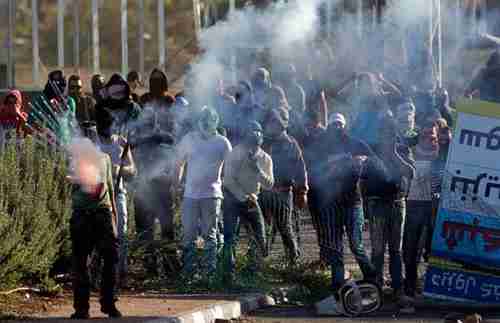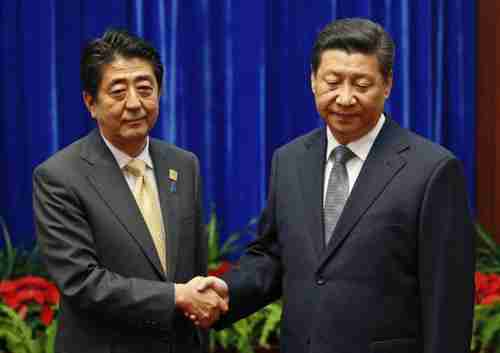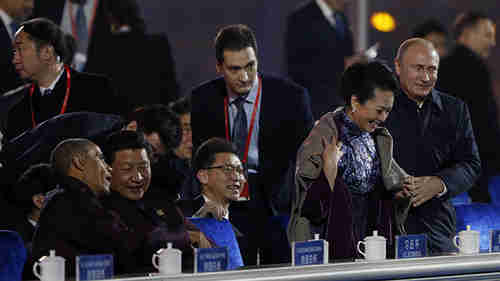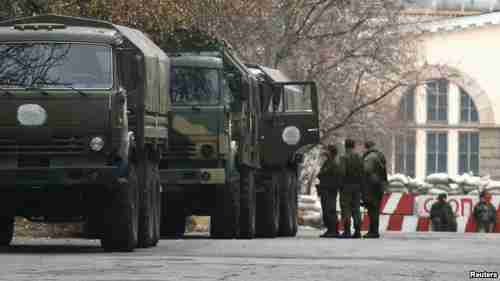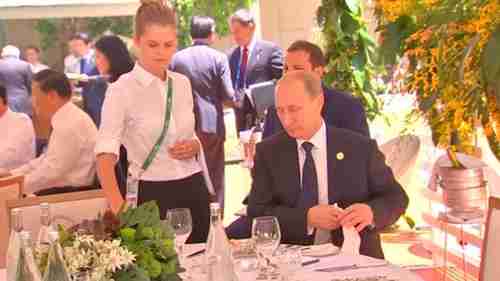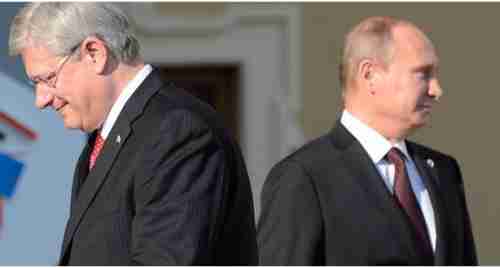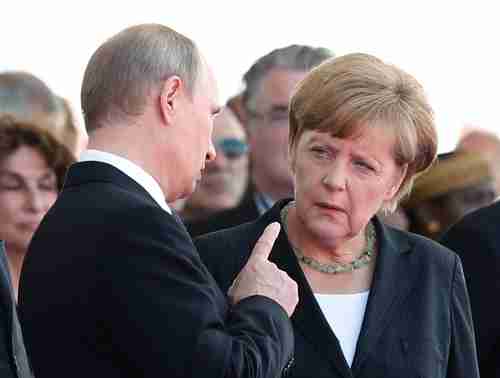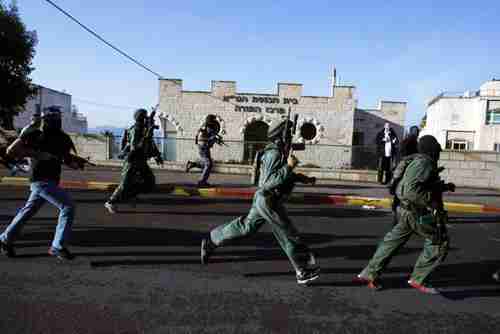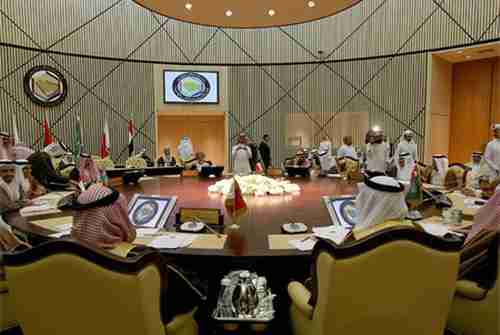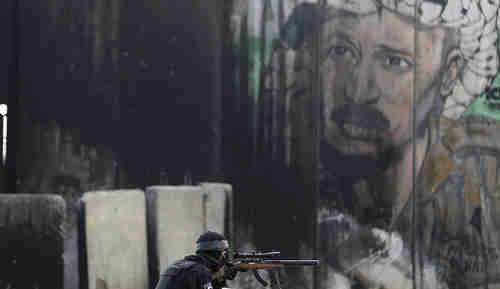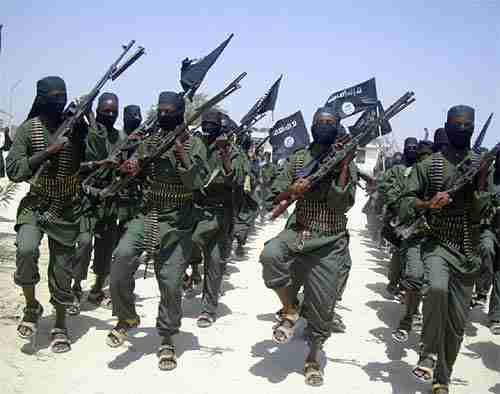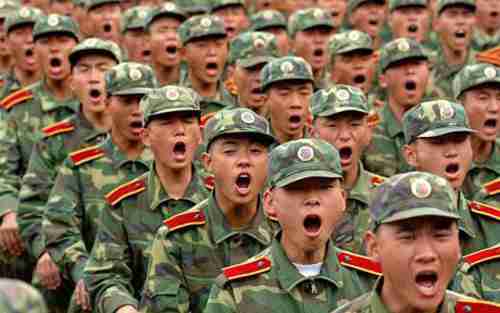*** 9-Nov-14 World View -- Gorbachev warns of new cold war as Germany commemorates fall of Berlin Wall
This morning's key headlines from GenerationalDynamics.com
- Germany commemorates the 25th anniversary of the fall of the Berlin Wall
- The reunification of Germany
- Former Soviet President Mikhail Gorbachev warns of a new cold war
****
**** Germany commemorates the 25th anniversary of the fall of the Berlin Wall
****
7000 illuminated balloons retrace the path of the Berlin Wall (DW)
Some 7,000 illuminated balloons are lighting the streets of Berlin
this weekend, retracing the path of a 15 km (9 mile) stretch of the
Berlin Wall, whose 3.6 meter concrete slabs split Berlin into two for
thirty years. Some 2 million people are filling the streets of Berlin
this weekend, commemorating the fall of the Berlin Wall on November 9,
1989.
When the German Nazis were defeated in 1945, the survivors wanted to
make sure that the Nazis could never rise again to fight another war.
So the four victorious allies divided Germany into four sectors, or
zones of occupation: the American, British, French and Soviet zones.
The city of Berlin, the Nazi capital city, which lay inside the Soviet
zone, was also split into four zones. In the years that followed,
the three western zones were reunited into the country of
West Germany, leaving the Soviet zone to become East Germany.
It quickly became obvious that the two countries were as different as
night and day. People in West Germany had freedom and a high standard
of living under capitalism. People in Communist East Germany were in
poverty and repressed, living under the Stalinist model of a command
economy, found today only in Cuba and North Korea. During the years
1949-1961, some 2.5 million out of East Germany's 17 million people
fled to West Germany, both humiliating the Communists and draining
East Germany's best and brightest.
On August 12-13, 1961, the Communists ran a barbed wire fence down
through Berlin, splitting it into two. When East and West Berliners
work up on Sunday morning, August 13, 1961, they suddenly discovered
that they could no longer cross over to the other side. Families were
split. Neighborhoods were split. The barbed wire was soon replaced
with cinder blocks, and the Berlin Wall was complete. Anyone trying
to cross would be shot on sight. Deutsche-Welle and VOA
****
**** The reunification of Germany
****
Shortly after the fall of the Berlin Wall, I was Technology Editor of
InformationWeek magazine, and I happened to visit the Hannover Fair
CeBIT, the largest computer show in the world. This was the first
time that East Germans were able to go to this show, and their minds
were blown. Like every other Communist country, Communist East
Germany had been stuck in the 1950s. (This is because all
transactions are controlled by government regulations, and you can
easily prove mathematically that that as a country's population grows
exponentially, the number of regulators required to manage the economy
grows exponentially faster. And so communist countries have no choice
but to freeze the economy, allowing no changes. China got around this
problem essentially by setting up a fascist economy -- capitalism and
pricing freedom, but repression and no political freedom.)
One Finanzgruppe manager at the show told me of the pain he felt when
he spoke to visitors from East Germany:
<QUOTE>"They have no understanding for business, and we have
to help them. They visit here and within an hour they have a
blackout -- it's too much for them. Their savings banks have no
electronic devices to do the work. They do all their work with
only mechanical devices."<END QUOTE>
Finanzgruppe was doing its duty willingly, like every bank in West
Germany. It worked by finding a similar bank in the East and forming
a partnership. They give the partner bank an IBM PC compatible
computer, basic software including spreadsheet, data base, word
processing, accounting software, and financial service programs.
Finanzgruppe also provided training and consulting services. "They
don't have to begin making payments for a year, and then only if they
can," I was told.
It was inevitable that the two Germanys were going to reunite, and
many people were frightened, including the French and the Poles and
others that had been massacred by the Nazis. The German national
anthem still began with the words, "Deutschland, Deutschland über
alles, Über alles in der Welt," meaning "Germany over everything.
Germany over the world." I recall a TV interview of Henry Kissinger,
born in 1923 as a German Jew, who said, "I will be able to die happy
if I never live to see Germany reunited."
In fact, reunification happened rather quickly, like the fall of the
Berlin Wall itself. From the point of view of Generational Dynamics,
this was an Awakening era climax, like the resignation of Richard
Nixon. A lot of people keep hoping that the same thing will happen
today in Korea, reuniting the North and South. But this is a
generational Crisis era, and Korea will not be reunited without a
major war.
****
**** Former Soviet President Mikhail Gorbachev warns of a new cold war
****
Former President of the Soviet Union Mikhail Gorbachev is in Berlin
this weekend, taking part in the commemoration ceremonies. Gorbachev
is well respect and even loved in Germany because of something he
DIDN'T do -- when the Berlin Wall started falling, he didn't send in
troops to shoot everyone in sight. He let it happen bloodlessly.
So the Germans are likely to listen carefully to Gorbachev's warning
to the West about causing another Cold War.
The Berlin Wall fell in 1989, and the Soviet Union collapsed in 1991.
According to Gorbachev in a speech on Saturday, the leaders of the
western world were intoxicated with euphoria of triumph, and they
adopted anti-Russian policies that eventually led to the current
crisis:
<QUOTE>"Euphoria and triumphalism went to the heads of
Western leaders. Taking advantage of Russia's weakening and the
lack of a counterweight, they claimed monopoly leadership and
domination of the world, refusing to heed words of caution from
many of those present here. The events of the past months are
consequences of short-sighted policies of seeking to impose one’s
will and fait accompli while ignoring the interests of
one’s partners."<END QUOTE>
Gorbachev said the West had made mistakes that upset Russia with the
enlargement of NATO, with its actions in the former Yugoslavia, Iraq,
Libya, Kosovo and Syria and with plans for a missile defense system.
Referring to Ukraine, he said:
<QUOTE>"To put it metaphorically, a blister has now turned
into a bloody, festering wound. And who is suffering the most
from what's happening? I think the answer is more than clear: It
is Europe.
Instead of becoming a leader of change in a global world Europe
has turned into an arena of political upheaval, of competition for
the spheres of influence, and finally of military conflict. The
consequence inevitably is Europe’s weakening at a time when other
centers of power and influence are gaining momentum. If this
continues, Europe will lose a strong voice in world affairs and
gradually become irrelevant."<END QUOTE>
Gorbachev advised the West to tone down its anti-Russian rhetoric, but
then he simply excused the rhetoric of Russia's president Vladimir
Putin:
<QUOTE>"Despite the harshness of his criticism of the West
and the United States in particular, I see in his speech a desire
to find a way to lower tensions, and ultimately to build a new
basis for partnership."<END QUOTE>
Gorbachev's double-standard -- criticizing the West's rhetoric while
excusing Putin's rhetoric -- illustrates the confusion in Gorbachev's
message. From the point of view of Generational Dynamics, he makes
the same mistake that many others make in this generational Crisis
era, by assuming that if everyone makes an effort to be nice and
sweet, then everyone will compromise, just the way they did in the 80s
and 90s, and that isn't going to happen. People in Russia and the
West have become far more nationalistic than they were in the 80s and
90s, and not willing to compromise.
However, recall that before World War II, Russia was our bitter enemy;
during WW II, Russia was our close ally; after WW II, Russia was our
bitter enemy. As I've been saying for years, in the coming Clash of
Civilizations world war, Russia, India and Iran will be our allies,
versus our enemies, China, Pakistan and the Sunni countries.
Generational Dynamics predicts that these alliances are already
determined, whether anyone follows Gorbachev's advice or not.
Russia Today and VOA
KEYS: Generational Dynamics, Germany, Berlin Wall, Britain, France,
West Germany, East Germany, North Korea, Cuba, Finanzgruppe,
Hannover Fair CeBIT, Henry Kissinger, Richard Nixon,
Soviet Union, Mikhail Gorbachev
Permanent web link to this article
Receive daily World View columns by e-mail
- Join Date
- May 2003
- Location
- Cambridge, MA
- Posts
- 4,012
